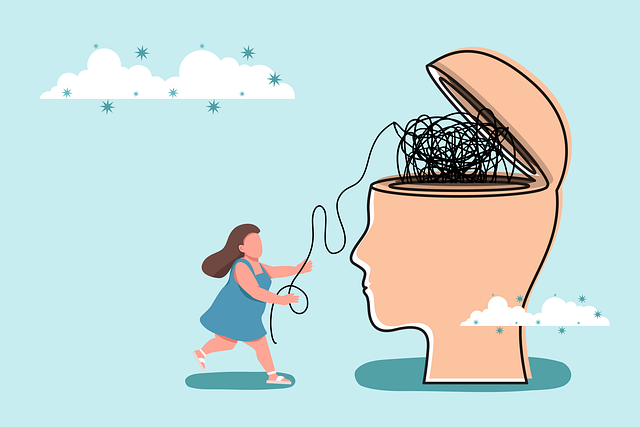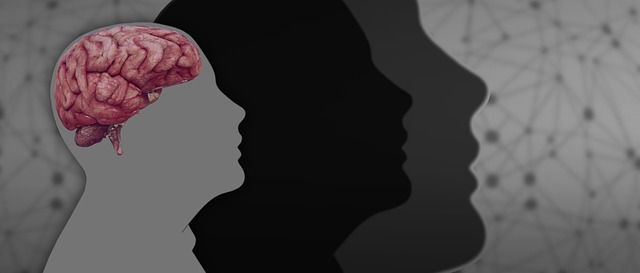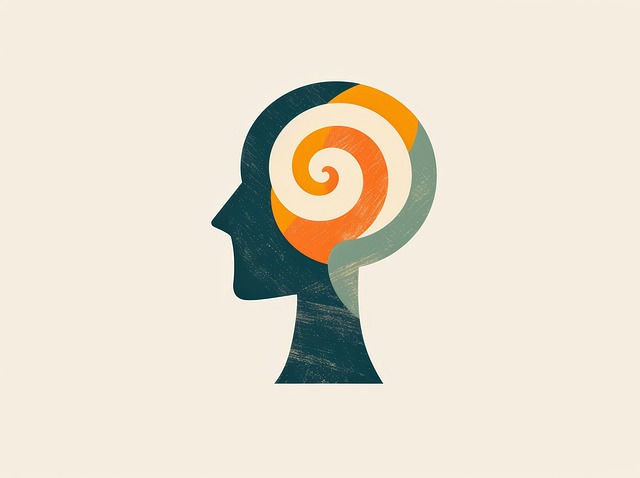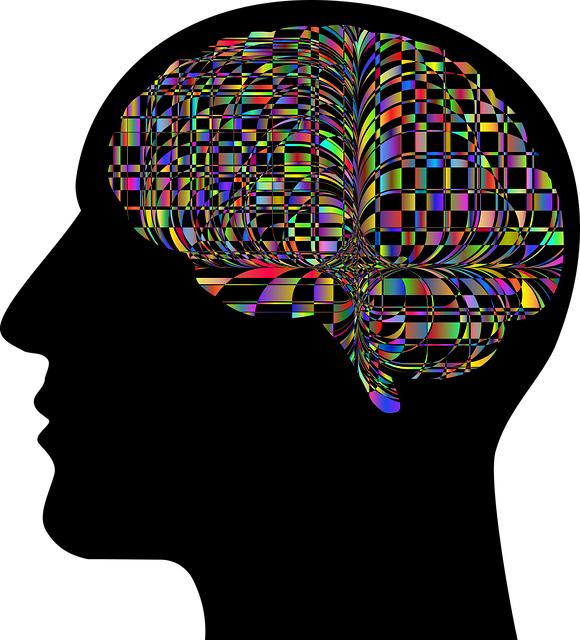Wheat Ridge Children Therapy prioritizes cultural competency as a core pillar for holistic pediatric care, addressing the unique needs of diverse patient families. By recognizing and respecting cultural differences, they create safe spaces where children and families feel heard, fostering trust and open communication about sensitive issues like trauma. Through tailored support services and comprehensive training programs that balance theory with practical skills, Wheat Ridge Children Therapy ensures respectful, contextually-appropriate care, enhancing therapeutic outcomes and improving patient mental health outcomes such as depression prevention. Regularly measuring success through surveys, focus groups, observational studies, and medical records reviews demonstrates the tangible effects of their cultural competency initiatives.
In today’s diverse healthcare landscape, cultural competency among providers is no longer an option but a necessity for delivering quality care. This comprehensive guide explores the critical role of cultural competency training in healthcare, focusing on the unique needs of Wheat Ridge Children’s Therapy staff. We delve into the impact of cultural biases and stereotypes on patient outcomes, present effective training program designs, and discuss measuring the success of cultural competency initiatives to ensure optimal care for all patients.
- Understanding Cultural Competency in Healthcare: A Necessity for Quality Care
- The Impact of Cultural Biases and Stereotypes on Patient Outcomes
- Designing Effective Training Programs for Wheat Ridge Children's Therapy Staff
- Measuring Success: Assessing the Efficacy of Cultural Competency Initiatives
Understanding Cultural Competency in Healthcare: A Necessity for Quality Care

In today’s diverse healthcare landscape, cultural competency is no longer an optional skill for providers—it’s a necessity. This concept involves recognizing and respecting the cultural differences that shape individuals’ health beliefs, behaviors, and experiences. At Wheat Ridge Children Therapy, we understand that providing quality care demands an empathetic approach that bridges these gaps. Cultural competency allows therapists to create safe, inclusive spaces where children and their families feel heard and understood, fostering trust and encouraging open communication about sensitive topics like trauma.
This holistic understanding extends beyond basic cultural awareness. It involves learning about various ethnic and racial backgrounds, but also about social determinants of health, economic disparities, and the impact they can have on mental wellness. By integrating these insights into therapy sessions, our team at Wheat Ridge Children Therapy offers tailored support services such as resilience building exercises and mental wellness journaling guidance. This not only enhances the effectiveness of treatment but also ensures that every client receives care that respects their unique cultural context.
The Impact of Cultural Biases and Stereotypes on Patient Outcomes

Cultural biases and stereotypes can significantly impact patient outcomes, especially within healthcare settings. These unconscious preconceptions influence how healthcare providers interact with patients from diverse backgrounds, leading to potential disparities in care. For instance, a provider’s assumptions about a patient’s family structure or cultural practices might affect their approach to treatment, inadvertently hindering effective communication and understanding. This can be particularly critical in pediatric therapy, as seen at Wheat Ridge Children Therapy, where building trust and rapport is paramount for successful therapeutic outcomes.
When providers hold stereotypes about certain ethnic or cultural groups, it may result in misdiagnoses or inappropriate treatment plans. For example, cultural norms around emotional expression can vary widely, and what might be considered normal behavior in one culture could be interpreted as a sign of distress in another. Empathy building strategies and emotional healing processes must account for these nuances to ensure every patient receives culturally competent care that respects their unique background and promotes positive mental health outcomes, such as depression prevention.
Designing Effective Training Programs for Wheat Ridge Children's Therapy Staff

Designing effective training programs for Wheat Ridge Children’s Therapy staff requires a nuanced approach that balances theoretical knowledge with practical skills. The goal should be to equip therapists with the tools necessary to navigate the diverse cultural backgrounds and unique needs of their young clients. Incorporating evidence-based practices such as Crisis Intervention Guidance, Compassion Cultivation Practices, and Stress Management Workshops can significantly enhance therapeutic outcomes. These programs not only deepen staff understanding of various cultural perspectives but also foster a more inclusive and supportive therapy environment for all children.
A well-structured training curriculum should emphasize interactive activities, role-playing scenarios, and case studies that reflect real-life challenges faced by therapists in their daily practice. By engaging staff in these experiential learning opportunities, Wheat Ridge Children’s Therapy can ensure that the training translates into improved clinical decision-making and enhanced patient care. Regularly updating the training programs to incorporate new research and best practices is essential for maintaining a dynamic and effective learning environment.
Measuring Success: Assessing the Efficacy of Cultural Competency Initiatives

Measuring success is a critical component of any cultural competency initiative, and evaluating the effectiveness of training programs is essential for healthcare providers like those at Wheat Ridge Children’s Therapy. Assessing the impact of these programs involves several key strategies. First, it requires gathering feedback from participants to understand their perspectives on the training’s usefulness and relevance. This can be done through surveys or focus groups, where individuals share their experiences and suggest areas for improvement.
Additionally, tracking improvements in patient outcomes over time is a robust method to gauge success. By examining changes in emotional regulation, resilience-building, and emotional intelligence among patients, healthcare providers can demonstrate the tangible effects of cultural competency training. Observational studies, medical records reviews, and patient satisfaction surveys all contribute to this evaluation, providing a comprehensive view of how these initiatives are enhancing patient care and outcomes.
Cultural competency training is a game-changer in healthcare, especially at institutions like Wheat Ridge Children’s Therapy. By addressing biases and stereotypes, we can significantly improve patient outcomes, ensuring that every child receives care tailored to their unique cultural needs. The success of training programs, as measured by initiatives like enhanced staff awareness and improved patient satisfaction, underscores the importance of continuous learning and adaptation in this crucial aspect of healthcare delivery.














